Spring Fever
Everyone I know has Spring Fever, including me. The sun is shining, the sky is blue, and the last few piles of dirty snow are melting at last. The steady drip of snowmelt from the eaves outside my office sounds like a drumbeat, summoning me to come outside and play. The season of new beginnings is here.

And it’s a new beginning for my next writing project, too. My contract schedule has me handing in my manuscript in February then completing any changes my editor asks for by May. I’m just finishing that process now, and getting ready to turn in all of my final changes and edits. That means I’ll soon be ready to start the process all over again with a new book.
But where will my ideas come from? How will the next story begin to form in my mind? Every author is different, but I begin by replenishing my supply of words. That means reading lots and lots of books. I choose authors who not only know how to tell a great story but also have an extraordinary love of language. One of my favorite writers, Rosamunde Pilcher, can not only tell a gripping tale, but she paints word-pictures that are so vivid they make me shiver: “Antony opened the front door, and the cold wind flowed in like a sluice of icy water.” Brr!
At the same time, I start reading lots of non-fiction books about the historical time period I’ve chosen. This includes first-person accounts such as diaries or memoirs written by people who might have lived alongside my fictional characters. Whenever possible, I visit the setting for my new novel to absorb all the sights and sounds and smells, keeping track of them in a notebook for future use. I also love to ask people to tell me their love stories, or their God-stories, or their family’s story. (Warning: don’t ever tell me a story unless you’re not afraid to see it in one of my books!) I’ll be creating what I call “story soup,” tossing images and ideas and historical facts into a huge pot and letting it all simmer together in the back of my mind until I’m ready to start writing.
One of the things I love to do while these ideas and images are simmering is to go outside in the gorgeous spring sunshine and sample God’s creative handiwork. I want the theme of His redemption to flow through all of my novels—how he takes what is broken and cold and dying and fills it with renewed life. And seeing the beauty of rebirth in nature as the snow melts and the new grass and spring leaves began to peek through, inspires me to tell of His goodness and grace all over again.

After the overwhelming destruction and judgment of the flood, God promised Noah—and all of us—that “As long as the earth endures, seedtime and harvest, cold and heat, summer and winter, day and night will never cease” (Genesis 8:22). We will always have seasons in life that feel like a long, dark, frigid winters—those times when life hits us in the face like “a sluice of icy water.” But He is the God of Springtime and new beginnings and second chances. He breathes life into the cold, dark corners of our hearts and we begin to find joy again. “Behold! I make all things new!”
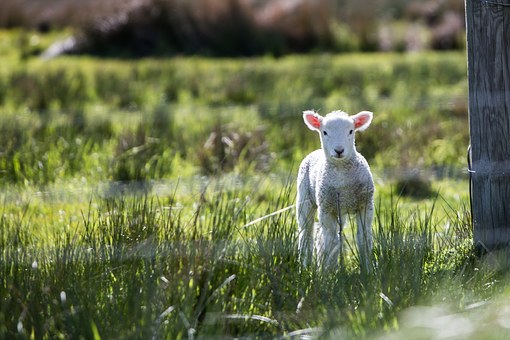
No wonder we have Spring Fever. Let’s go dance in the snow-puddles!
- 2106
- 6
- 0








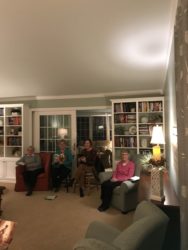


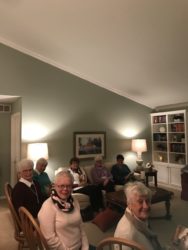





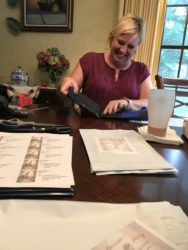





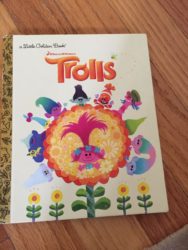



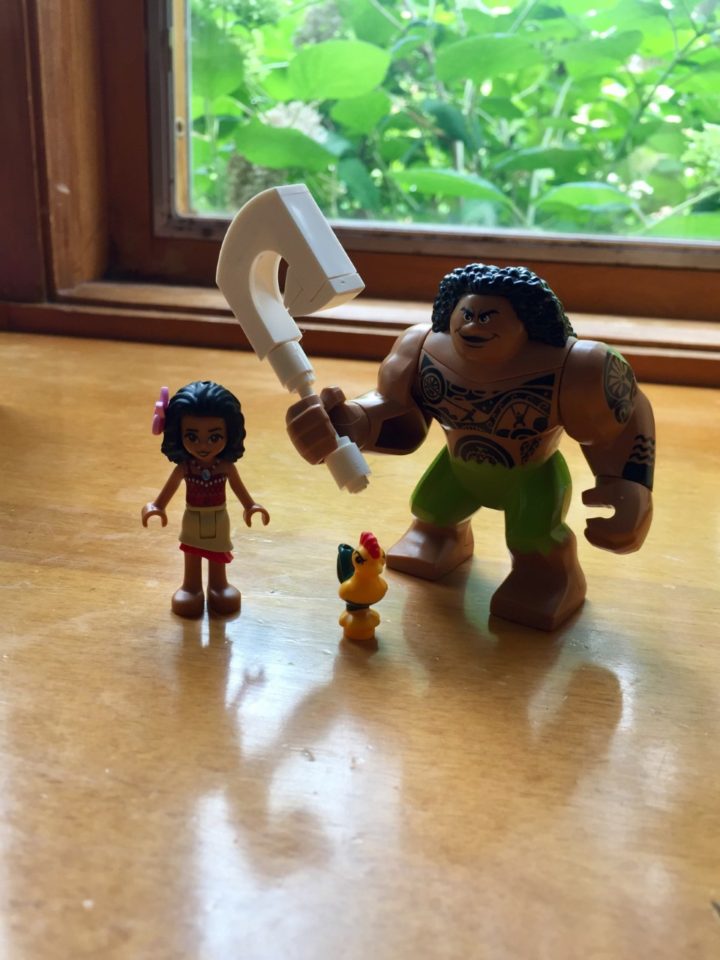





 If you’re in the area this Thursday, please come join me! Afterwards, you can buy ice cream at the General Store and watch the sunset over the lake. This time of year, it doesn’t set until almost 9:30.
If you’re in the area this Thursday, please come join me! Afterwards, you can buy ice cream at the General Store and watch the sunset over the lake. This time of year, it doesn’t set until almost 9:30.


 I’ve been thinking about my spiritual journey lately, along with my journey as a writer. The two are closely entwined. And I realized what a powerful, life-changing effect books have had on those journeys. Space doesn’t allow me to list all the books that have influenced me, but four stand out.
I’ve been thinking about my spiritual journey lately, along with my journey as a writer. The two are closely entwined. And I realized what a powerful, life-changing effect books have had on those journeys. Space doesn’t allow me to list all the books that have influenced me, but four stand out.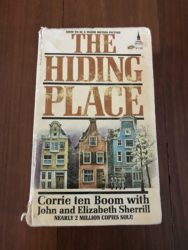 The first is “The Hiding Place” by Corrie Ten Boom. Corrie and her family lived uneventful lives in The Netherlands until the Nazis invaded. Then their faith in God and deep love for Christ compelled them to hide Jews in their home, trying to save as many people as possible. Corrie, her sister Betsy, and their father were arrested and sent to prison camps. Only Corrie survived.
The first is “The Hiding Place” by Corrie Ten Boom. Corrie and her family lived uneventful lives in The Netherlands until the Nazis invaded. Then their faith in God and deep love for Christ compelled them to hide Jews in their home, trying to save as many people as possible. Corrie, her sister Betsy, and their father were arrested and sent to prison camps. Only Corrie survived.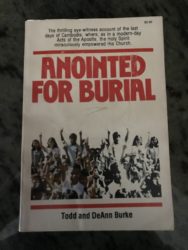 I read the second life-changing book shortly after we returned to the United States. “Anointed for Burial” by Todd and DeAnn Burke tells the true story of missionaries to Cambodia in the final, life-threatening years before the nation fell to the Communists. Again, I was impressed by their tremendous faith to endure fiery trials. For months, they lived in such perilous conditions that they needed to hear God speaking on a daily, and sometimes hourly, basis. They developed the habit of reading scripture three times a day, and God miraculously spoke to them through the Bible, offering wisdom and guidance when they needed it most.
I read the second life-changing book shortly after we returned to the United States. “Anointed for Burial” by Todd and DeAnn Burke tells the true story of missionaries to Cambodia in the final, life-threatening years before the nation fell to the Communists. Again, I was impressed by their tremendous faith to endure fiery trials. For months, they lived in such perilous conditions that they needed to hear God speaking on a daily, and sometimes hourly, basis. They developed the habit of reading scripture three times a day, and God miraculously spoke to them through the Bible, offering wisdom and guidance when they needed it most. The Bible is the third life-changing book. Like Todd and DeAnn Burke, I have found it to be a comfort and a source of wisdom. But best of all, the picture of God and His eternal plan that emerged as I read it, accomplished what I had longed for back in Bogota—to draw closer to Him, to get to know Him, and to strengthen my spiritual walk.
The Bible is the third life-changing book. Like Todd and DeAnn Burke, I have found it to be a comfort and a source of wisdom. But best of all, the picture of God and His eternal plan that emerged as I read it, accomplished what I had longed for back in Bogota—to draw closer to Him, to get to know Him, and to strengthen my spiritual walk.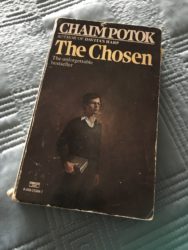 I saw in “The Chosen” an allegory of God’s inexplicable silences. And I realized that through my longing for a child, God had led me to become active in the Right-to-Life movement and to help start two crisis pregnancy centers. Through this novel, I discovered that God speaks powerfully through fiction. And it also created in me a longing to write novels like this from a Christian perspective. Christian fiction as we know it today had yet to be born, but I sensed that this was the calling God had for my life. I signed up for a creative writing course at a local college—and a month later, I learned I was pregnant with our son Benjamin. Twenty months after he arrived, our daughter Maya joined us.
I saw in “The Chosen” an allegory of God’s inexplicable silences. And I realized that through my longing for a child, God had led me to become active in the Right-to-Life movement and to help start two crisis pregnancy centers. Through this novel, I discovered that God speaks powerfully through fiction. And it also created in me a longing to write novels like this from a Christian perspective. Christian fiction as we know it today had yet to be born, but I sensed that this was the calling God had for my life. I signed up for a creative writing course at a local college—and a month later, I learned I was pregnant with our son Benjamin. Twenty months after he arrived, our daughter Maya joined us.
 I once heard a speaker compare life to a kayak trip downriver. Sometimes the waters are smooth and we can enjoy a leisurely journey, admiring the beauty all around us. But every now and then we hit the rapids and we’re suddenly thrown into a mad scramble to stay afloat. As we navigate past rocks and other dangers, overwhelmed with fear, we wonder if life will ever be serene and peaceful again. Eventually the river smooths out and we sail back into calmer waters. And if we’re wise, we will have learned some valuable lessons that can prepare us for the next patch of rough water. Here’s what I learned on last year’s voyage:
I once heard a speaker compare life to a kayak trip downriver. Sometimes the waters are smooth and we can enjoy a leisurely journey, admiring the beauty all around us. But every now and then we hit the rapids and we’re suddenly thrown into a mad scramble to stay afloat. As we navigate past rocks and other dangers, overwhelmed with fear, we wonder if life will ever be serene and peaceful again. Eventually the river smooths out and we sail back into calmer waters. And if we’re wise, we will have learned some valuable lessons that can prepare us for the next patch of rough water. Here’s what I learned on last year’s voyage: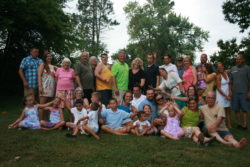 In my faith walk, I came into some challenging waters last year when our church hired a new lead pastor. He is a wonderful preacher, and our church has welcomed and embraced him. But he is challenging us to get out of our comfortable ruts so we can think more like Jesus and serve more like Him. I much prefer to float in a lagoon with people who are just like me—but Jesus longs for me to reach out to those who are different, those who may be drowning in the rapids, and offer them a helping hand. Yes, the comfortable ministries I’ve been involved with in the past have been good ones. But for the sake of the kingdom, it’s time for me to stop doing “church” and get involved with the world around me in the same way Jesus did.
In my faith walk, I came into some challenging waters last year when our church hired a new lead pastor. He is a wonderful preacher, and our church has welcomed and embraced him. But he is challenging us to get out of our comfortable ruts so we can think more like Jesus and serve more like Him. I much prefer to float in a lagoon with people who are just like me—but Jesus longs for me to reach out to those who are different, those who may be drowning in the rapids, and offer them a helping hand. Yes, the comfortable ministries I’ve been involved with in the past have been good ones. But for the sake of the kingdom, it’s time for me to stop doing “church” and get involved with the world around me in the same way Jesus did. My writing life has been mostly calm this past year. And yet . . . I have felt God challenging me not to settle for safe waters. As an act of trust, I need to take new risks and move out into deeper water. One way I’ve been doing that is by self-publishing an out-of-print novel of mine called “Fly Away.” It took a lot of work and required learning new things—and you know what they say about teaching old dogs new tricks! But a letter from a reader made it all worthwhile when she wrote to tell me how much “Fly Away” has blessed her. Why start a new venture when I’ve been successful with a traditional publisher? Why not stay in safe waters? Because sometimes complacency masks a lack of faith. I don’t like change—does anyone? Yet I know from experience that my faith grows the most during times of change.
My writing life has been mostly calm this past year. And yet . . . I have felt God challenging me not to settle for safe waters. As an act of trust, I need to take new risks and move out into deeper water. One way I’ve been doing that is by self-publishing an out-of-print novel of mine called “Fly Away.” It took a lot of work and required learning new things—and you know what they say about teaching old dogs new tricks! But a letter from a reader made it all worthwhile when she wrote to tell me how much “Fly Away” has blessed her. Why start a new venture when I’ve been successful with a traditional publisher? Why not stay in safe waters? Because sometimes complacency masks a lack of faith. I don’t like change—does anyone? Yet I know from experience that my faith grows the most during times of change. I wish I could see around the bend in the river at what lies ahead for 2018—but I can’t. So, I’m choosing to sail forward into the unknown, comforted by one of my favorite verses from Isaiah: “When you pass through the waters, I will be with you; and when you pass through the rivers, they will not sweep over you” (Isaiah 43:1-2). Bon Voyage!
I wish I could see around the bend in the river at what lies ahead for 2018—but I can’t. So, I’m choosing to sail forward into the unknown, comforted by one of my favorite verses from Isaiah: “When you pass through the waters, I will be with you; and when you pass through the rivers, they will not sweep over you” (Isaiah 43:1-2). Bon Voyage!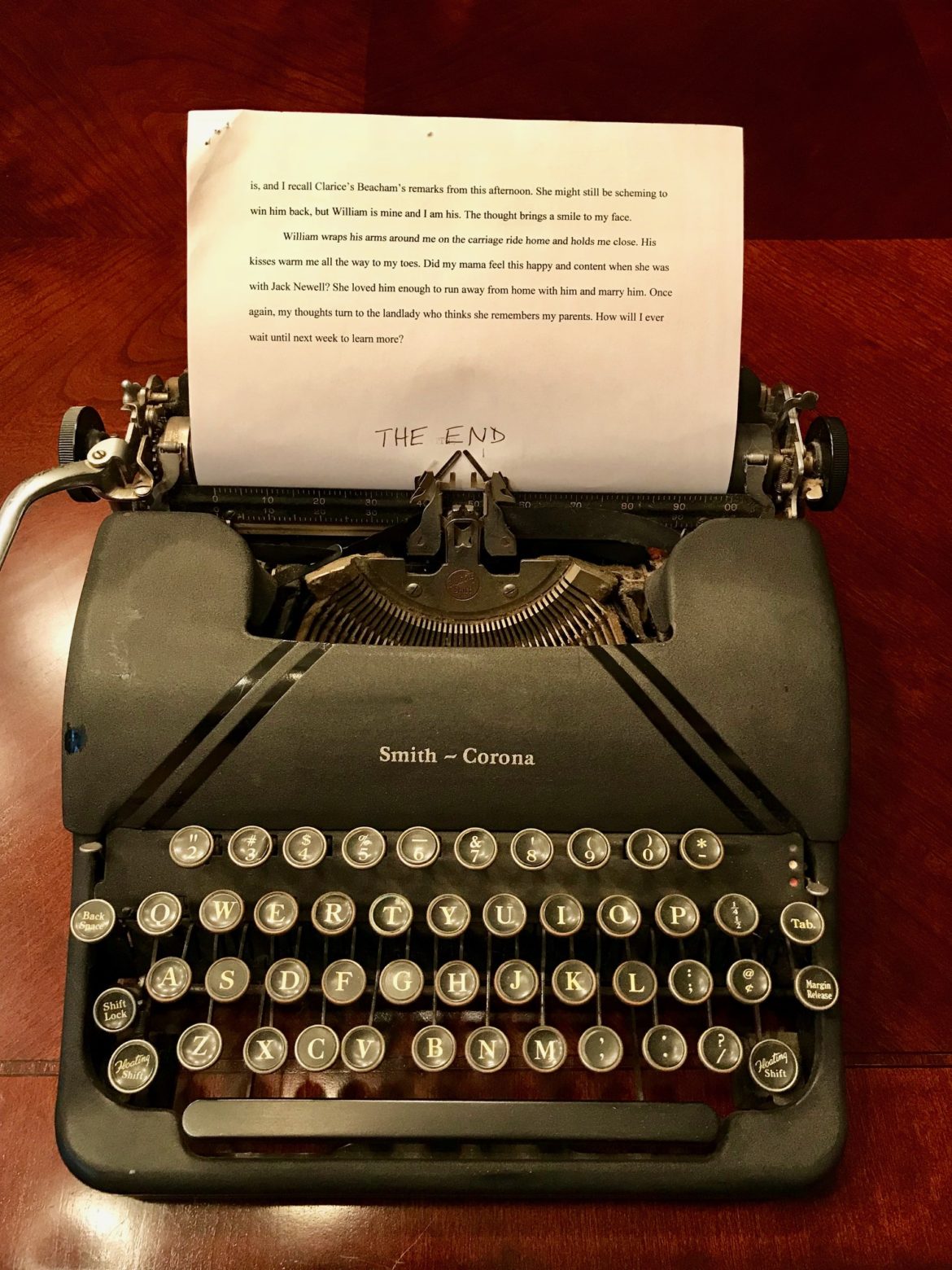
 Two more chapters to write and I will be able to type those wonderful words—THE END. The novel I’ve been laboring on for nearly a year is almost finished. Maybe I’ll be able to enjoy the Christmas season with my family this year without stressing over my deadline. But when I tried to start my computer yesterday morning, eager to make the final sprint to the finish line, I discovered that it had crashed. An automatic update had failed, locking everything up. The fatal blue screen wouldn’t allow me access to my computer no matter how hard I tried. I did the only thing I knew how to do—I panicked!
Two more chapters to write and I will be able to type those wonderful words—THE END. The novel I’ve been laboring on for nearly a year is almost finished. Maybe I’ll be able to enjoy the Christmas season with my family this year without stressing over my deadline. But when I tried to start my computer yesterday morning, eager to make the final sprint to the finish line, I discovered that it had crashed. An automatic update had failed, locking everything up. The fatal blue screen wouldn’t allow me access to my computer no matter how hard I tried. I did the only thing I knew how to do—I panicked! A crashed computer isn’t the only discouraging “glitch” I’ve experienced in my writing life these past few months. On the day of my book launch—a day I waited an entire year to celebrate—the book was unavailable on Amazon. Then I learned that the members of my Launch Team wouldn’t be receiving their advance copies of the book until more than a week after the launch date. And there were several other glitches, each one frustrating and worrisome and stressful. I call them “joy stealers.” Instead of the euphoria of another successful launch or a nearly completed novel, I’m wasting my energy stewing and worrying. Joyful? Not so much.
A crashed computer isn’t the only discouraging “glitch” I’ve experienced in my writing life these past few months. On the day of my book launch—a day I waited an entire year to celebrate—the book was unavailable on Amazon. Then I learned that the members of my Launch Team wouldn’t be receiving their advance copies of the book until more than a week after the launch date. And there were several other glitches, each one frustrating and worrisome and stressful. I call them “joy stealers.” Instead of the euphoria of another successful launch or a nearly completed novel, I’m wasting my energy stewing and worrying. Joyful? Not so much.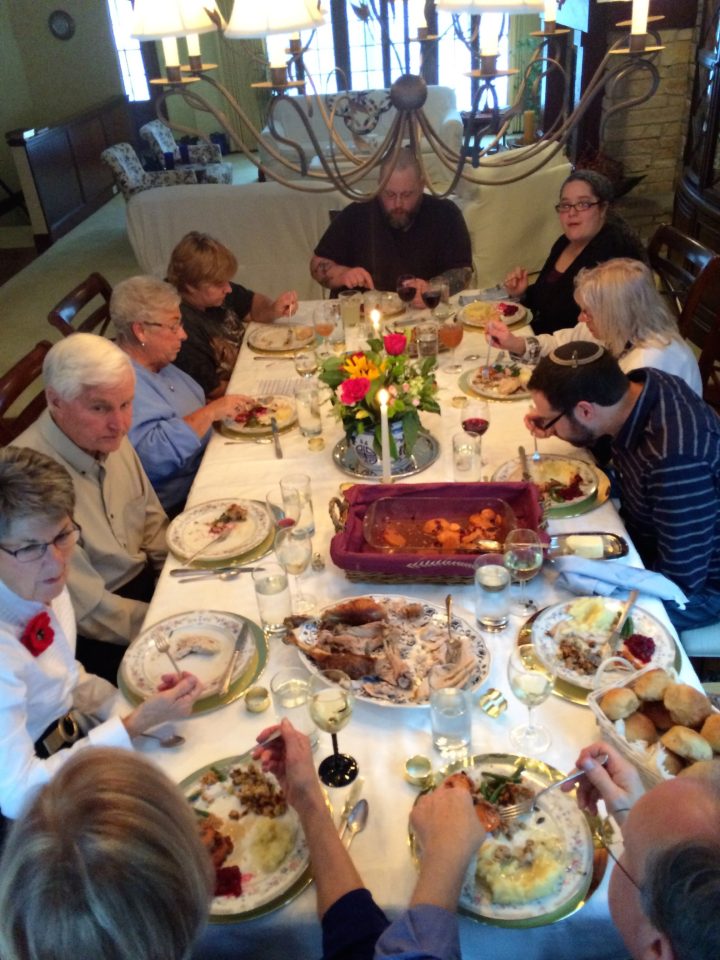 This week I will celebrate Thanksgiving with my family. It’s a yearly reminder to stand back and get some perspective on how God has so richly provided for us. Have there been “glitches” and “joy stealers” this year? Of course. But in the larger view of things, my family and I have been abundantly blessed. We could have been eating Thanksgiving dinner without my husband this year if a serious health issue a few months ago hadn’t ended well. Then there are our spiritual blessings, such as God’s grace and redemption and love. The security of our heavenly home. And a calling that I love in spite of the glitches.
This week I will celebrate Thanksgiving with my family. It’s a yearly reminder to stand back and get some perspective on how God has so richly provided for us. Have there been “glitches” and “joy stealers” this year? Of course. But in the larger view of things, my family and I have been abundantly blessed. We could have been eating Thanksgiving dinner without my husband this year if a serious health issue a few months ago hadn’t ended well. Then there are our spiritual blessings, such as God’s grace and redemption and love. The security of our heavenly home. And a calling that I love in spite of the glitches.